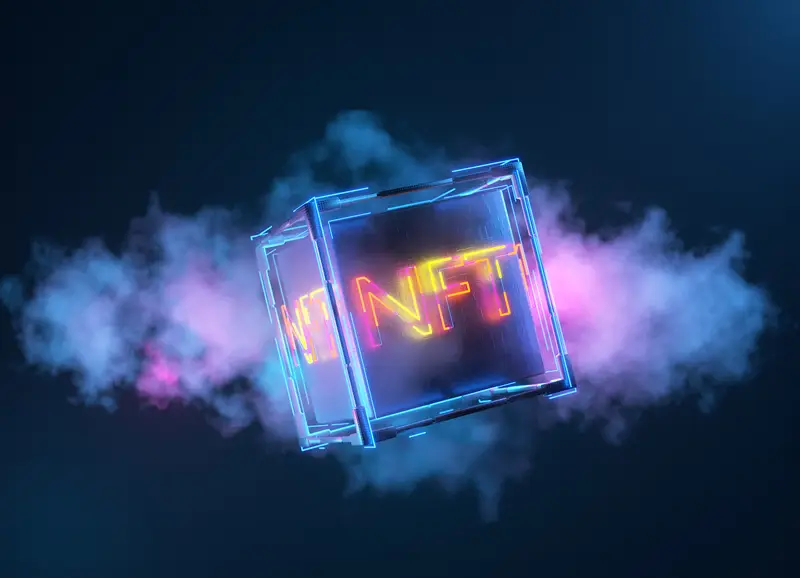
Certificated vs. Uncertificated Stock: What’s the Difference and Why It Matters
When it comes to owning stock, most people think about the ups and downs of share prices – not the paperwork behind their ownership. However, how your stock is recorded can have real implications. In today’s digitized world, the distinction between certificated and uncertificated stock is more relevant than ever, especially for startups, private companies, and investors managing equity in various forms.



